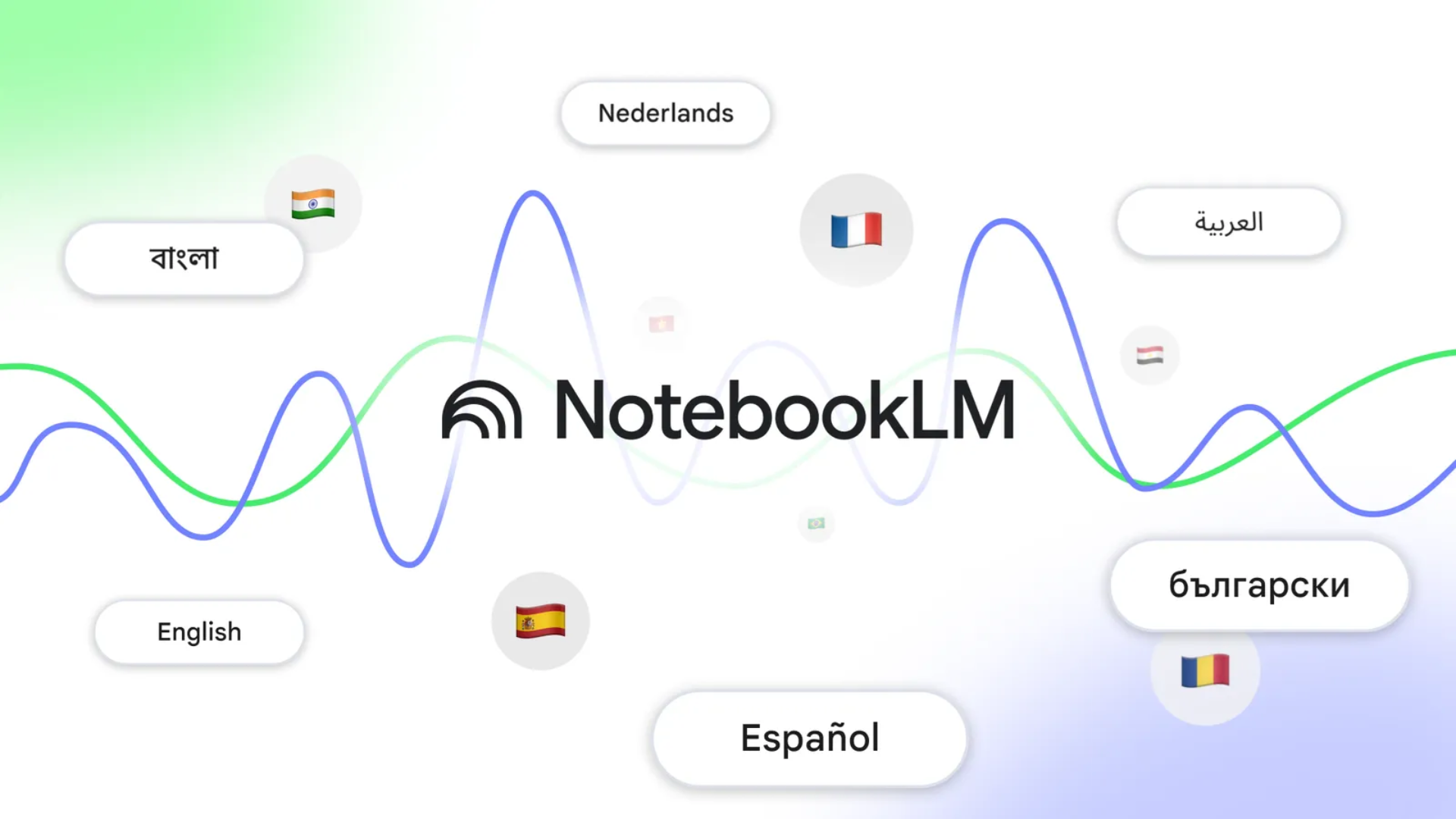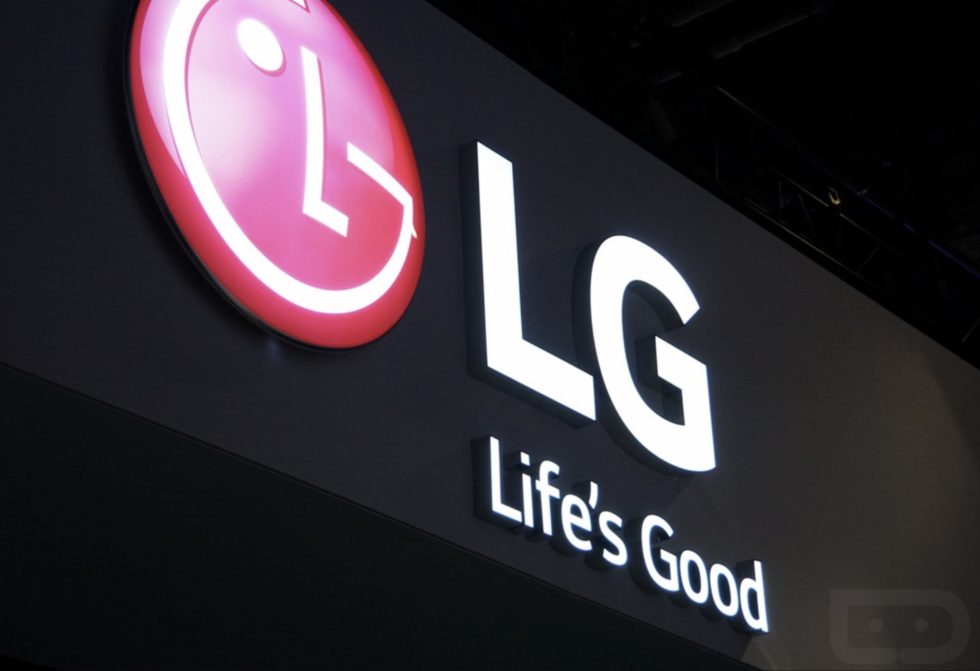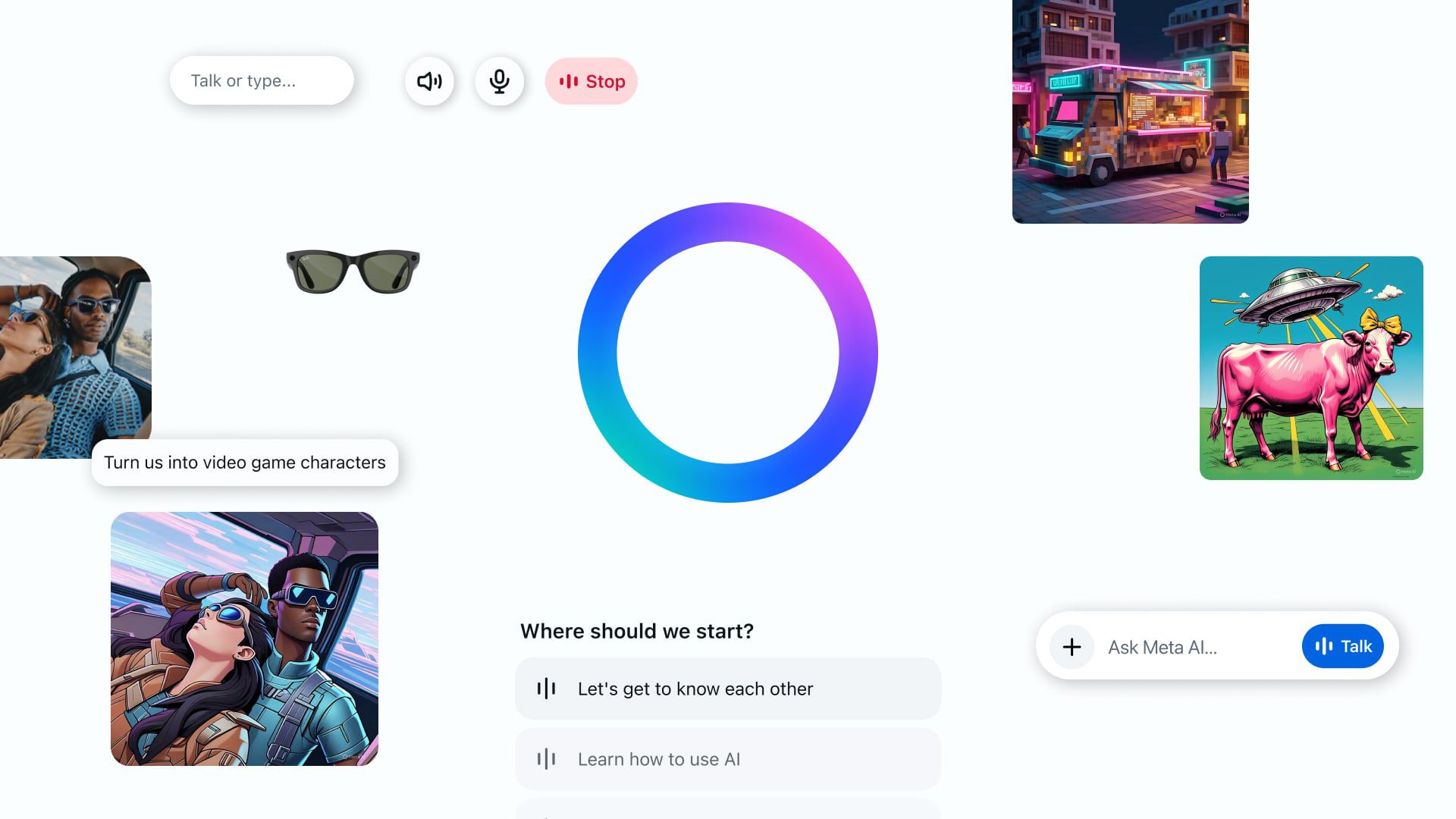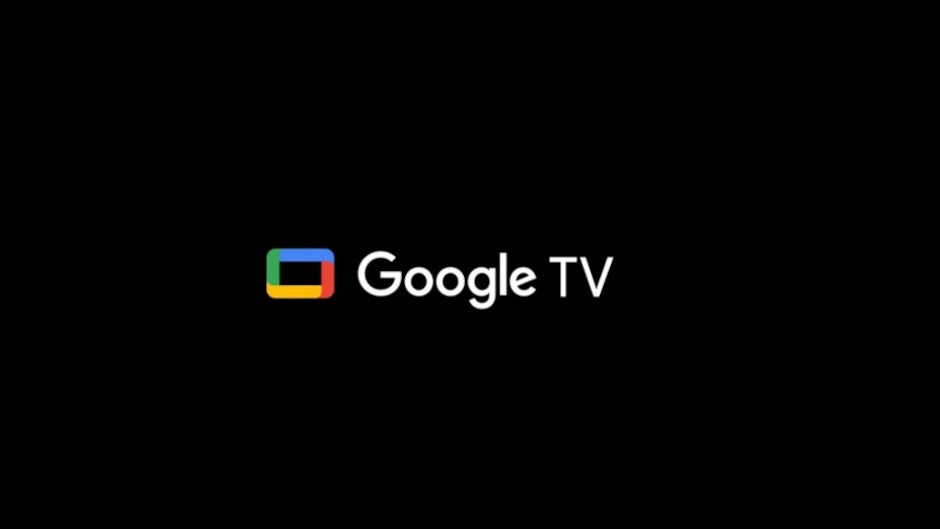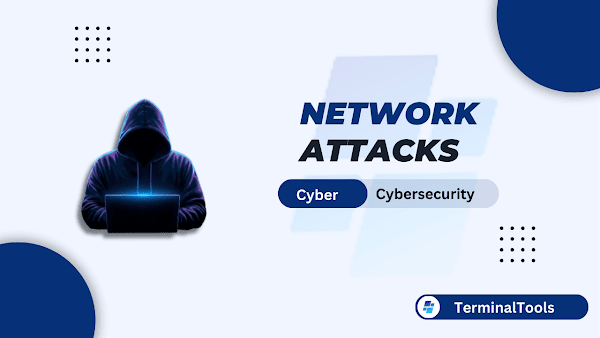Is E-Invoicing Mandatory in Croatia? Explained Simply
Croatia is entering a new era of digital tax compliance with Fiscalization 2.0. If you are a business operating in or expanding to Croatia, understanding the new e-invoicing Croatia mandate is critical. This guide breaks down everything you need to know—clearly and simply. Is E-Invoicing Really Mandatory in Croatia? Yes, e-invoicing will be mandatory for most businesses in Croatia. From January 1, 2026, all VAT-registered entities must issue and report e-invoices in real time. This includes both B2B and B2C transactions. The obligation will extend to non-VAT entities and public institutions by January 1, 2027. This rollout is part of the government’s Fiscalization 2.0 Croatia initiative, which aims to modernize tax reporting and reduce fraud by introducing real-time e-invoice reporting through certified channels. What Does This Mean for Your Business? Whether you are a small business or a large enterprise, this reform affects your invoicing workflows, IT systems, and legal obligations. Every e-invoice must now: Be digitally signed using a certified digital certificate Be formatted in accepted standards like Croatian eRačun, Peppol BIS, or UBL Be reported in real time via approved exchange channels, such as PEPPOL or API-based integrations Flow through a centralized system managed by Croatia's Tax Administration, like FiskAplikacija The move also introduces technical challenges—particularly for businesses that don’t currently use compliant e-invoicing software in Croatia or lack seamless ERP integration. How Can You Stay Compliant? To meet Croatia e-invoicing compliance requirements, your business needs: A reliable e-invoicing solution for Croatia that supports real-time reporting, secure digital signing, and regulatory formats ERP integration for e-invoicing to automate invoice generation and submission without manual intervention A system compatible with PEPPOL Croatia e-invoicing, API connectivity, and other approved protocols For those still relying on manual processes or basic software, the transition could mean significant time, cost, and training investment. What Makes Our Solution Different? We offer a global-ready, API-driven e-invoicing platform tailored for Fiscalization 2.0. Our product: Integrates with all major ERP systems without requiring changes Supports real-time e-invoice reporting Croatia through APIs Works with formats like eRačun Croatia, Peppol BIS, and UBL Offers end-to-end compliance, from digital signing to government submission Provides centralized dashboards, audit logs, and global support Unlike traditional providers like FINA e-invoicing Croatia, we offer a scalable, cloud-first solution that adapts to future regulatory updates, including Croatian e-invoicing law 2026. Final Thoughts E-invoicing isn’t just a box to check—it’s a strategic move toward smarter, faster, and more secure operations. With mandatory implementation fast approaching, now’s the time to upgrade your systems and prepare for a digital-first compliance landscape in Croatia. Start your demo today
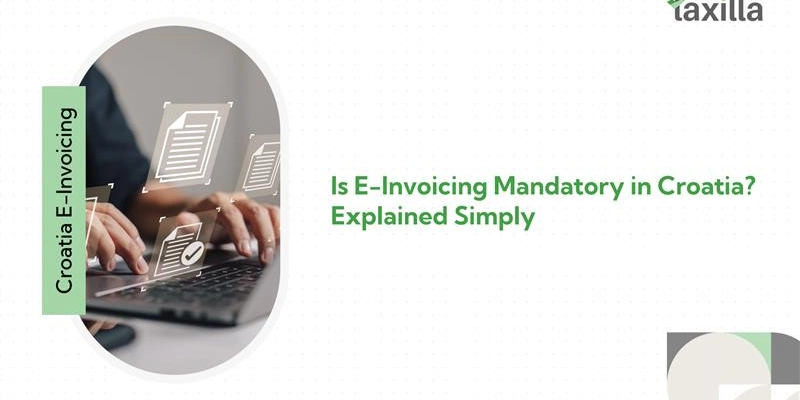
Croatia is entering a new era of digital tax compliance with Fiscalization 2.0. If you are a business operating in or expanding to Croatia, understanding the new e-invoicing Croatia mandate is critical. This guide breaks down everything you need to know—clearly and simply.
Is E-Invoicing Really Mandatory in Croatia?
Yes, e-invoicing will be mandatory for most businesses in Croatia. From January 1, 2026, all VAT-registered entities must issue and report e-invoices in real time. This includes both B2B and B2C transactions. The obligation will extend to non-VAT entities and public institutions by January 1, 2027.
This rollout is part of the government’s Fiscalization 2.0 Croatia initiative, which aims to modernize tax reporting and reduce fraud by introducing real-time e-invoice reporting through certified channels.
What Does This Mean for Your Business?
Whether you are a small business or a large enterprise, this reform affects your invoicing workflows, IT systems, and legal obligations. Every e-invoice must now:
Be digitally signed using a certified digital certificate
Be formatted in accepted standards like Croatian eRačun, Peppol BIS, or UBL
Be reported in real time via approved exchange channels, such as PEPPOL or API-based integrations
Flow through a centralized system managed by Croatia's Tax Administration, like FiskAplikacija
The move also introduces technical challenges—particularly for businesses that don’t currently use compliant e-invoicing software in Croatia or lack seamless ERP integration.
How Can You Stay Compliant?
To meet Croatia e-invoicing compliance requirements, your business needs:
A reliable e-invoicing solution for Croatia that supports real-time reporting, secure digital signing, and regulatory formats
ERP integration for e-invoicing to automate invoice generation and submission without manual intervention
A system compatible with PEPPOL Croatia e-invoicing, API connectivity, and other approved protocols
For those still relying on manual processes or basic software, the transition could mean significant time, cost, and training investment.
What Makes Our Solution Different?
We offer a global-ready, API-driven e-invoicing platform tailored for Fiscalization 2.0. Our product:
Integrates with all major ERP systems without requiring changes
Supports real-time e-invoice reporting Croatia through APIs
Works with formats like eRačun Croatia, Peppol BIS, and UBL
Offers end-to-end compliance, from digital signing to government submission
Provides centralized dashboards, audit logs, and global support
Unlike traditional providers like FINA e-invoicing Croatia, we offer a scalable, cloud-first solution that adapts to future regulatory updates, including Croatian e-invoicing law 2026.
Final Thoughts
E-invoicing isn’t just a box to check—it’s a strategic move toward smarter, faster, and more secure operations. With mandatory implementation fast approaching, now’s the time to upgrade your systems and prepare for a digital-first compliance landscape in Croatia.















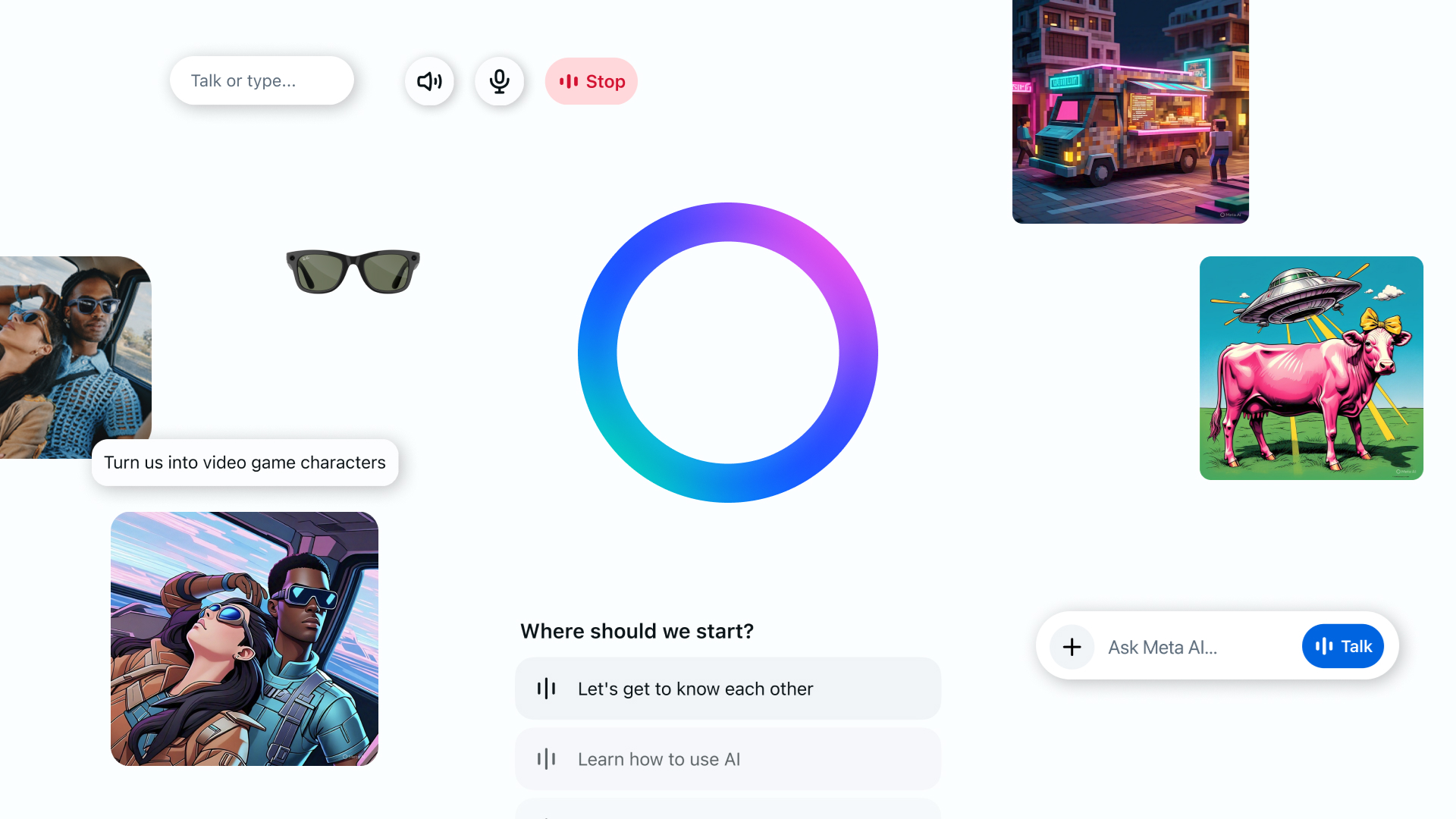



















































































































































![[The AI Show Episode 145]: OpenAI Releases o3 and o4-mini, AI Is Causing “Quiet Layoffs,” Executive Order on Youth AI Education & GPT-4o’s Controversial Update](https://www.marketingaiinstitute.com/hubfs/ep%20145%20cover.png)















































































































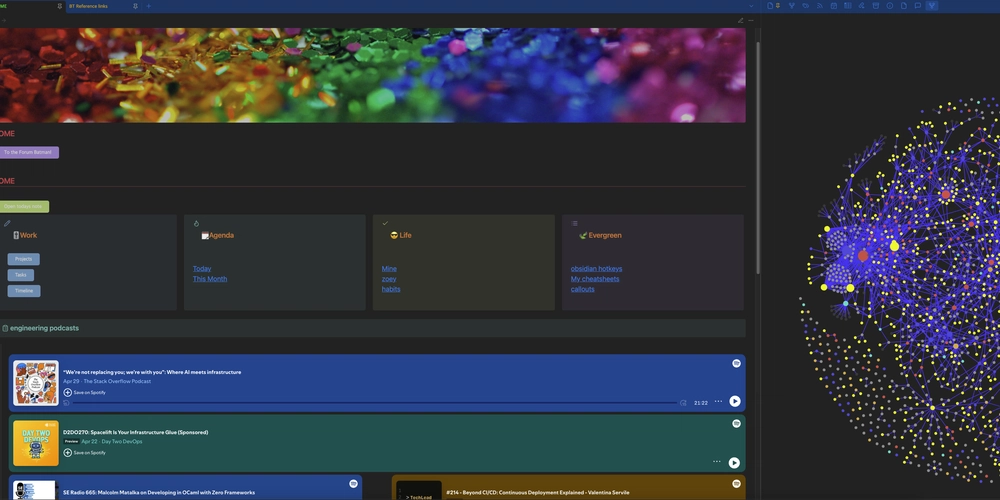


























































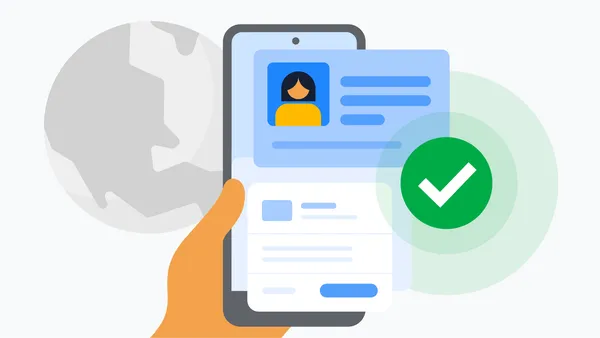

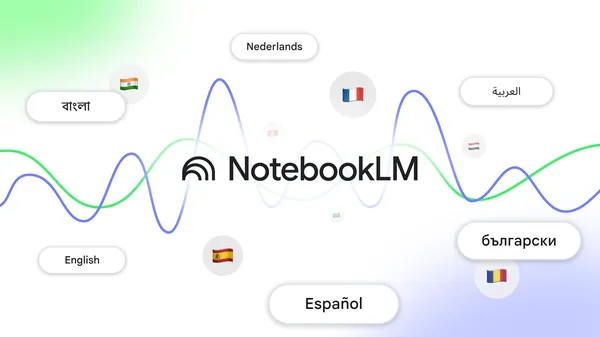






























































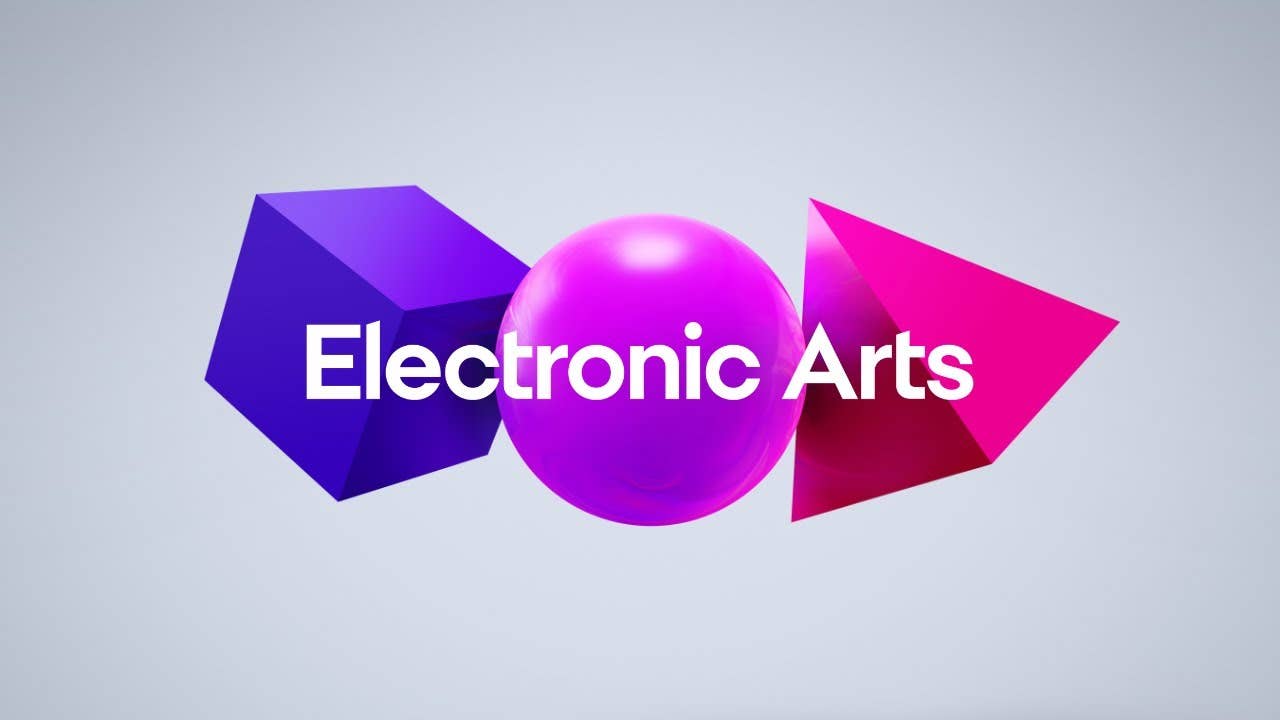





























_NicoElNino_Alamy.jpg?width=1280&auto=webp&quality=80&disable=upscale#)












































































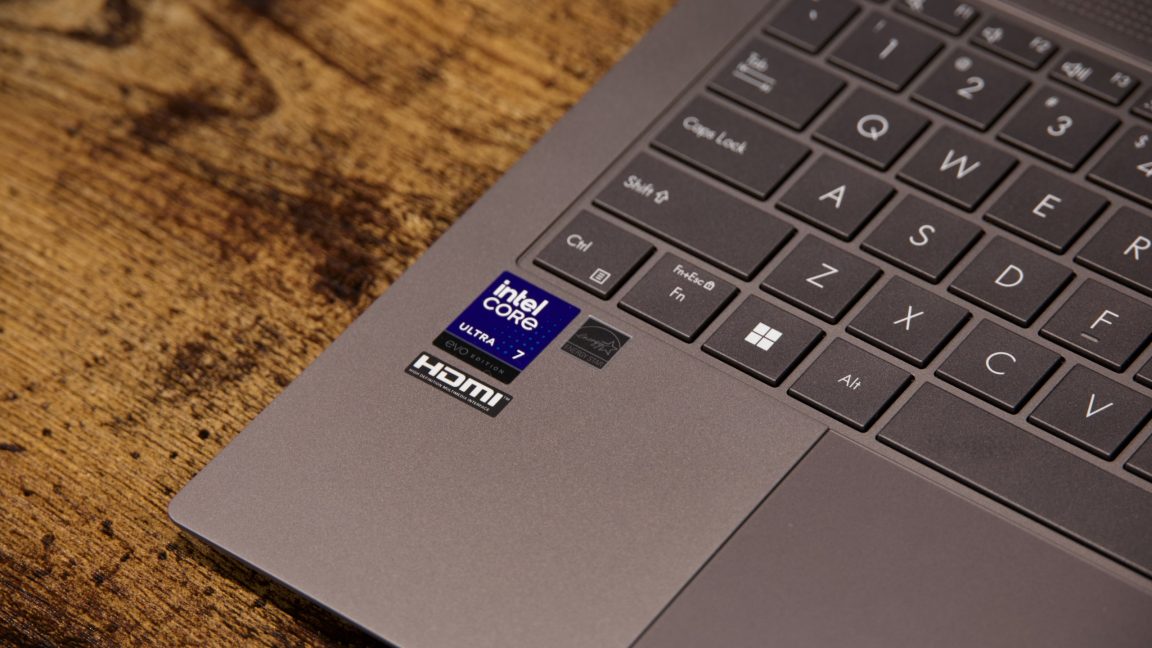






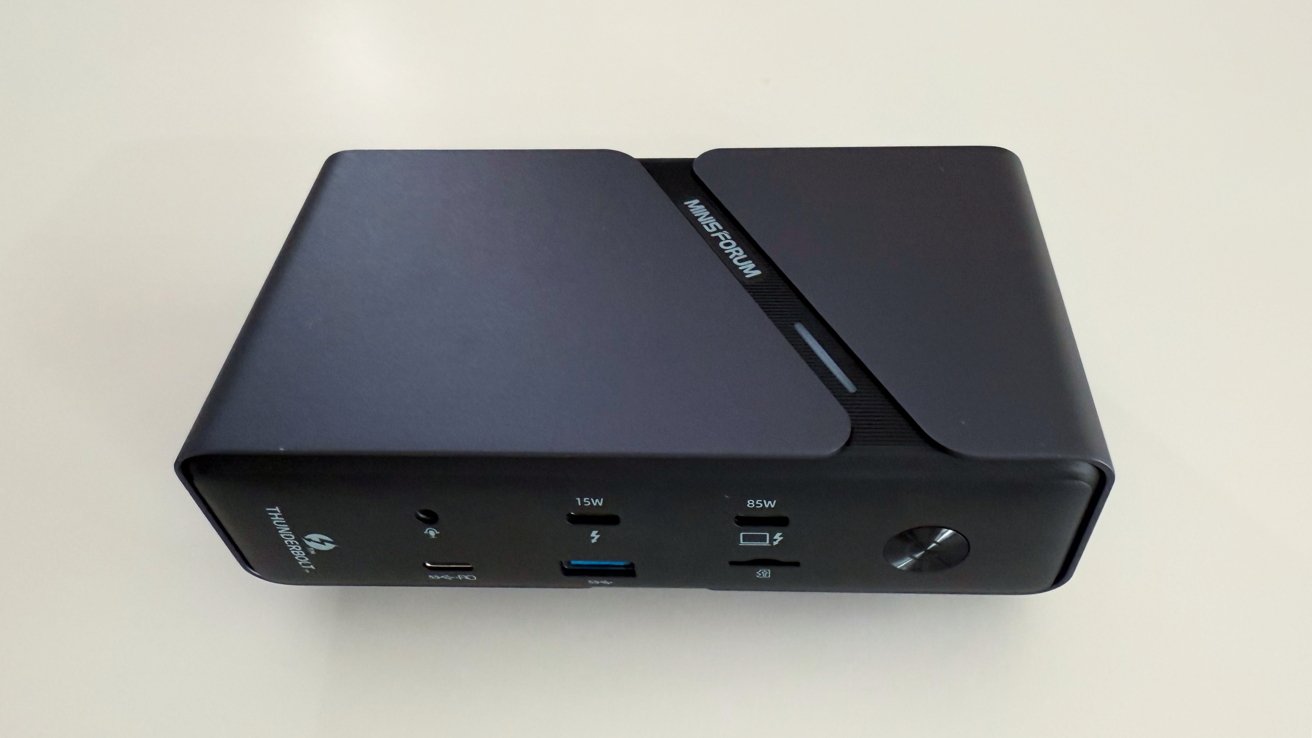



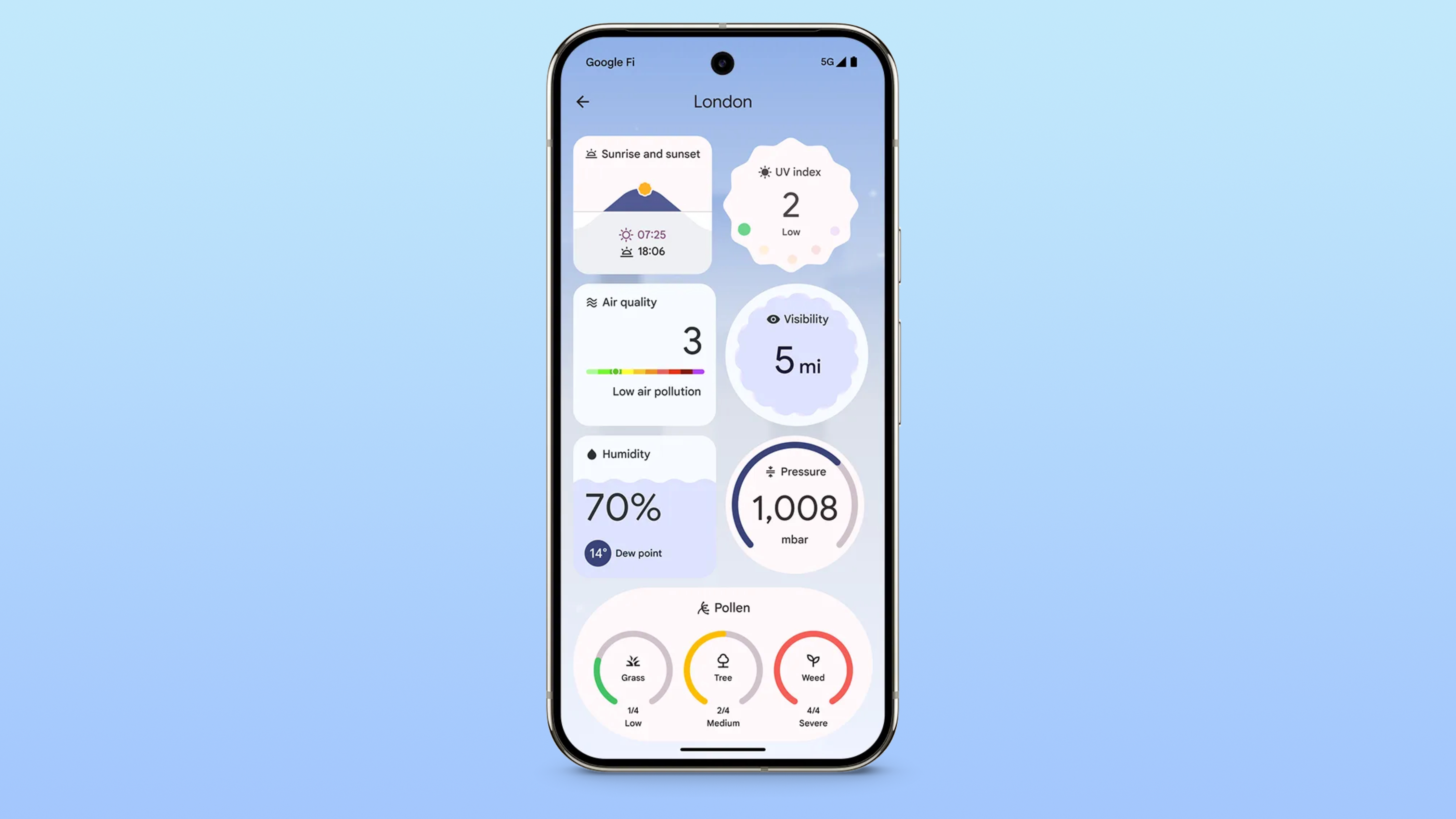


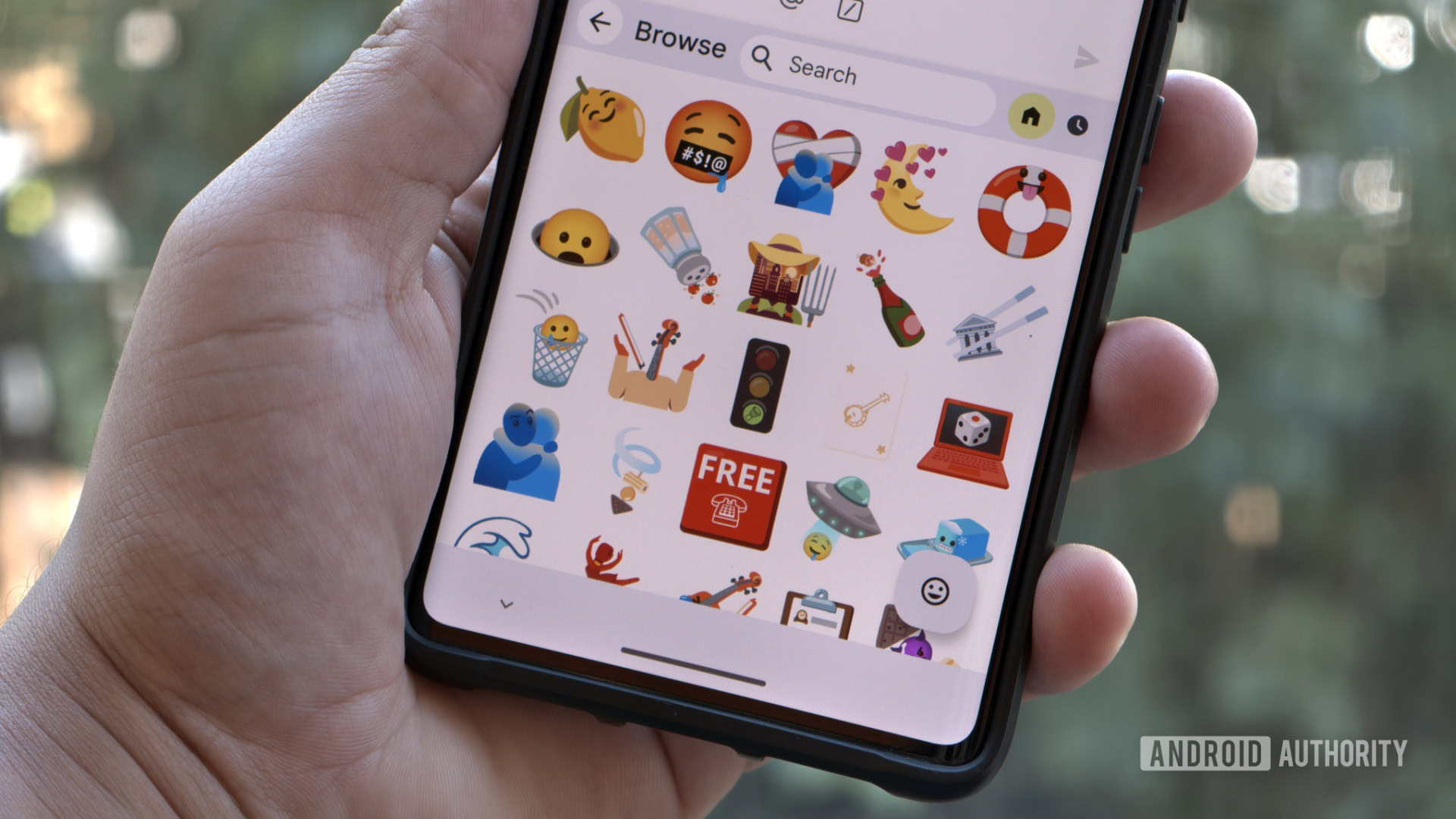


















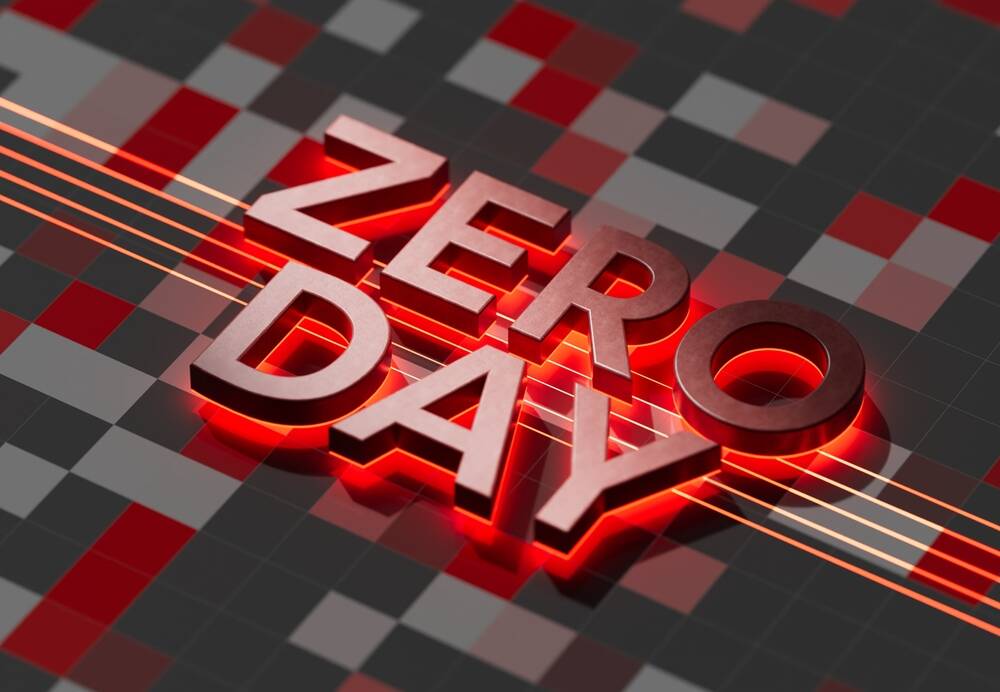


![Standalone Meta AI App Released for iPhone [Download]](https://www.iclarified.com/images/news/97157/97157/97157-640.jpg)

















